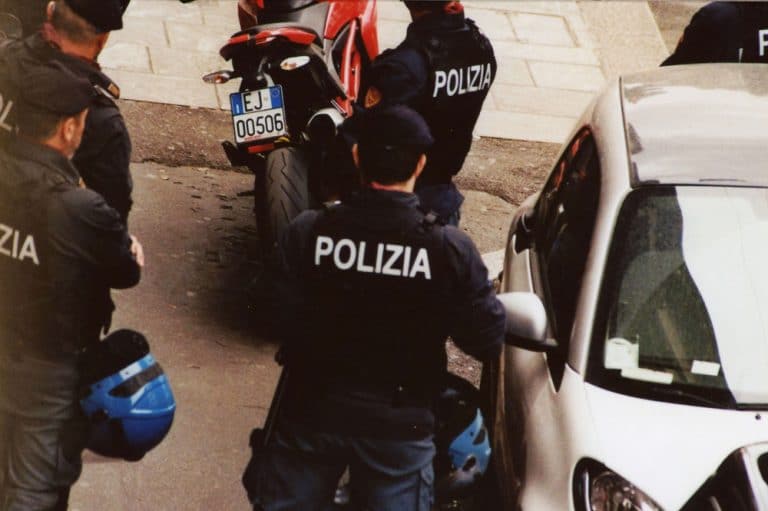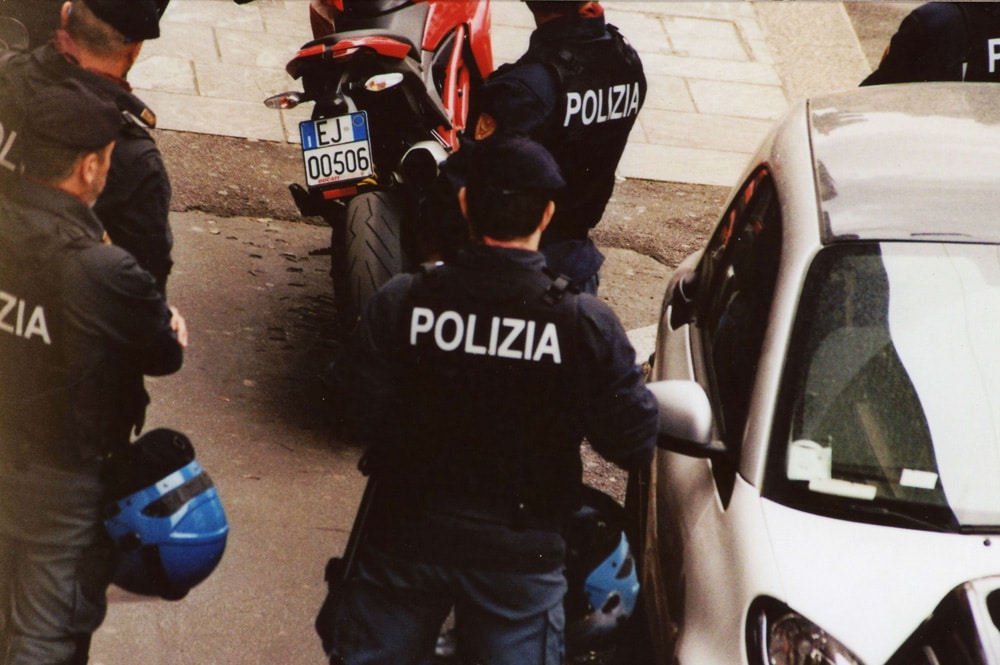
Opinion
COVID-19 shines light on police brutality and abuse of power
By Sofia Gallarate
Opinion
COVID-19 shines light on police brutality and abuse of power
By Sofia Gallarate
Updated May 18, 2020 at 02:00 PM
Reading time: 2 minutes
Human rights
Apr 13, 2020
On the 31st day of my quarantine, I received a call from a friend; he sounded upset and explained that he had just been stopped by the police while going for his daily run around the neighbourhood. According to him, the police approached him and spoke to him aggressively. They then questioned the reason behind his activity by making threatening remarks, repeatedly ordering him to go back home and reminding him that in other countries a man running around for no reasonable explanation would have been thrown in jail. This encounter happened in Italy, where, at the time, running alone in proximity to your house was still allowed.
“I told you the police would start abusing their power,” my friend told me. During the first weeks under lockdown—when the regulations were still blurred and our future uncertain—we did find ourselves repeatedly speculating on the possible threats that a state of emergency could mean regarding the state overpower and potential police misconduct. Yet, I partially disagreed with my friend: the abuse of power by the police isn’t a by-product of the pandemic, it has been happening around us for way longer. The only difference today is that under these exceptional circumstances, what was once only visible to those who were systematically targeted by the police has suddenly become visible to us all.
Law enforcement is playing a big part in managing the COVID-19 crisis as more and more countries all over the world are calling for an increase in restrictive regulations concerning social and physical distancing. As reported by Al Jazeera in a recent article on police violence on the time of pandemic, after a couple of weeks since a mandatory curfew was implemented in Kenya, there have been more deaths from the police than virus-related ones.
Kenya is far from being the only country accused of such behaviour. Stories of police brutality enacted in the name of control and the enforcement of rules have spread like the virus itself, showing officers in India, Mexico, Egypt and other countries threatening people in the streets, using physical punishment in public and forcing people to follow containment measures at gunpoint. As the days pass, it is evident why more concern over the sovereignty of the police is rising.

“The point is that the police—contrary to public opinion—are not merely an administrative function of law enforcement; rather, the police are perhaps the place where the proximity and the almost constitutive exchange between violence and right that characterizes the figure of the sovereign is shown more nakedly and clearly than anywhere else,” wrote the Italian philosopher Giorgio Agamben in 1991. Fast forward 30 years from then, one could argue that his words are still relevant. What is happening in front of our eyes isn’t a shift in the way the police act, but rather the unsettling revelation of their unbridled power and sovereignty in countries all over the world.
Of course we should avoid making generalisations, but as police helicopters loom over our heads throughout Easter weekend and the mobility of citizens is (rightly) limited to maintain the spreading of the virus, it’s not just a right but an obligation to scrutinize and question the modalities in which those same rules are imposed on citizens. If we can learn one thing from this pandemic it is that, as solidarity and a shared sense of support are spreading, pre-existing inequalities and state flaws grow even larger.
It is in this mindset that we need to look at some of the police’s coercive attitudes, not as an unavoidable shift in behaviour, but as a testament to a systemic issue. The question right now is not whether law enforcement agencies need to undergo some changes or not; they clearly do and that’s not new. As we witness more and more police violence during the pandemic, the real question is whether this sudden awakening will remain among citizens, and hopefully governments too, once this crisis is over.




